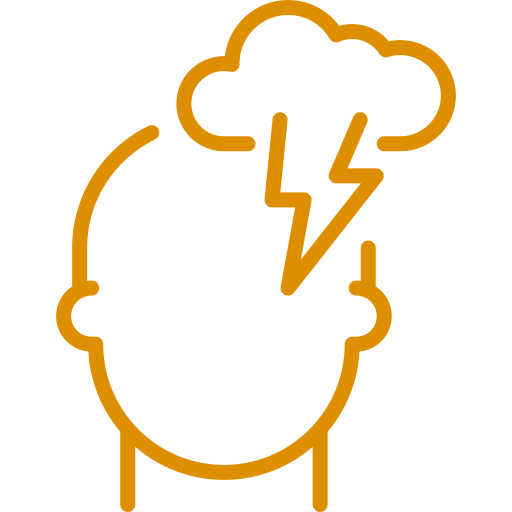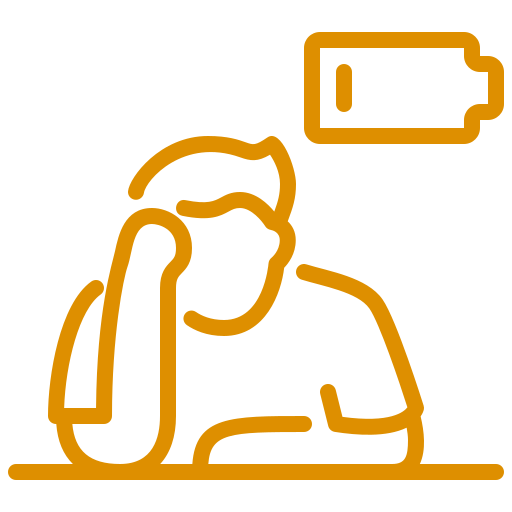Are you a frontline worker struggling with workplace stress? Does it disrupt your day to day functioning and well-being? Does a healthy work-life balance feel unattainable?
Frontline workers are those in essential roles that are deemed critical to the functioning of society. They’re also at high risk of workplace stress and anxiety.


Healthcare Workers
Doctors, nurses and other allied health who provide care to patients in hospital, clinics, community and other settings
Emergency Responders
Police officers, firefighters, paramedics and other first responders who provide emergency care


Education Workers
Teachers, administrators and support staff – those who work in schools and other educational settings
Workplace stress for frontline workers can be caused by many factors, including:

Traumatic events
Witnessing death and caring for ill patients and witnessing their pain and suffering can be a life-altering burden to bear.

Difficult co-workers or managers
It is not uncommon for those in high-stress environments encounter colleagues who are uncooperative and challenging to work with.

Heavy workloads
Teachers are also affected with administrative tasks, classroom preparation and student support. COVID-19 exacerbated these challenges by forcing educators to adapt to new teaching methods and manage remote/hybrid learning.

Conflicts between work and personal life
Long hours, increased workload and exposure to high level of stress can make it difficult to maintain their physical and mental health, as well as relationships with family and friends.

Here are some ways that I help frontline workers:
01
Provide emotional support
I provide a safe and non-judgmental space to express your emotions and experiences, and deal with feelings of anxiety, fear, sadness or burnout.
02
Develop stress management techniques
This may include techniques such as deep breathing exercises, mindfulness meditation or relaxation techniques to help you reduce stress levels, and promote emotional well-being.
03
Explore coping skills
We can explore different coping strategies, problem-solving techniques, and reframing negative thoughts, helping you improve your ability to manage stressors.
04
Trauma processing
You may have experienced traumatic events in your line of work. Using evidence-based approaches, I can help you process traumatic experiences, reduce distressing symptoms, and promote healing.
05
Promote self-care
I will help develop personalized self-care and assist you with setting boundaries, allowing you to better manage stress.
06
Education
I will be a resource for information about stress management, mental health, and self-care strategies, and teach practical skills to navigate your challenges more effectively.
Ready to start your therapy journey?
Click the button below to book your free 15-minute consultation.
